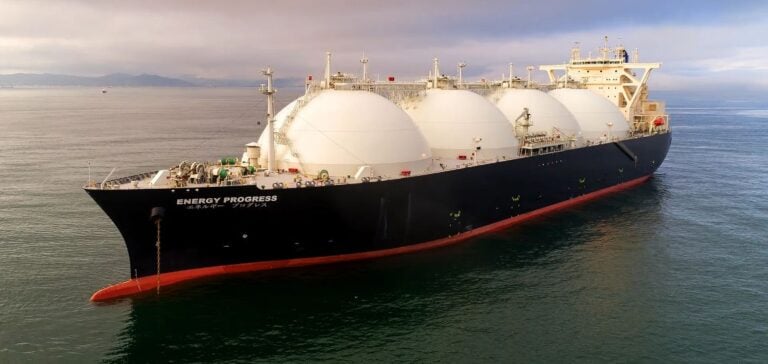The United States Department of Energy (DOE) has released a report detailing the economic and environmental consequences of a significant increase in liquefied natural gas (LNG) exports. This study, essential for guiding future energy policies, highlights notable impacts on domestic costs, greenhouse gas emissions, and the distribution of effects on local communities.
Predicted Energy Price Increases
According to the study, increasing LNG exports would lead to a 31% rise in domestic wholesale gas prices by 2050. This increase would translate to an additional $122.54 per year for American households in combined gas and electricity costs. Industrial costs, meanwhile, could rise by $125 billion over 30 years, representing a significant burden for businesses.
Jennifer Granholm, Secretary of Energy, cautioned against “unfettered” exports, emphasizing that the benefits to the LNG industry would be offset by substantial costs for American consumers and businesses.
Significant Environmental Impacts
The report also examines the environmental consequences of increased exports. It estimates that larger export volumes would result in a rise of 1.5 gigatons of direct greenhouse gas emissions per year by 2050, about 25% of the current annual emissions of the United States.
Additionally, the infrastructure required to support these exports, such as liquefaction plants, is often located in regions already heavily exposed to pollution. This concentration could exacerbate environmental and social inequalities.
Diverging Reactions from Stakeholders
The publication of this report has triggered contrasting reactions among economic and political stakeholders. Organizations like the Natural Resources Defense Council (NRDC) have welcomed the study, asserting that it provides strong arguments for contesting new export authorizations.
Conversely, the Center for Liquefied Natural Gas, an industry association, criticized the DOE’s interpretation of the results. According to Charlie Riedl, the center’s executive director, the study shows that LNG exports deliver significant economic benefits to the U.S. GDP, estimated at $410 billion by 2050, while meeting global demand without jeopardizing domestic supply.
International Strategic Considerations
On a geopolitical level, the DOE acknowledges the strategic importance of U.S. LNG in supporting European allies during recent energy crises. However, the report anticipates a decline in European demand as countries reduce greenhouse gas emissions.
In contrast, China is expected to become the world’s largest LNG importer by 2050, underscoring the importance of U.S. exports in meeting the needs of the Asian market.
The report calls for a cautious and balanced approach to managing future LNG exports, considering economic, climate, and social implications to ensure they truly serve the public interest.






















